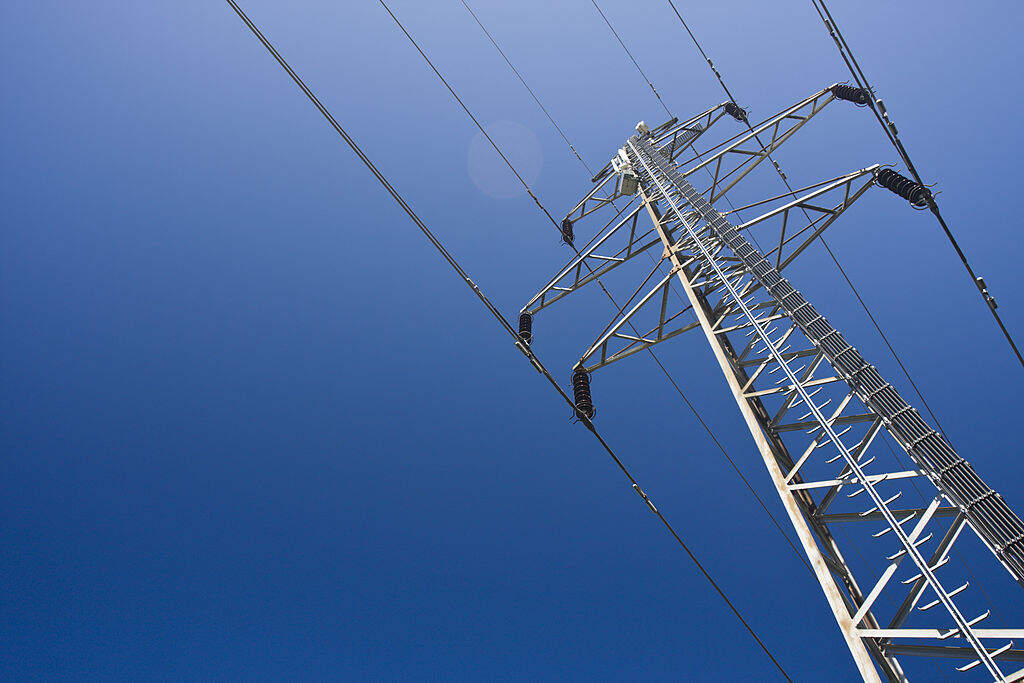 FRANKFURT: The European Energy Exchange (EEX), the continent's biggest power bourse, said it will see higher volumes in the trading of gas, carbon emissions and freight products in 2018 and overcome a fall in flagship power trading last year.
FRANKFURT: The European Energy Exchange (EEX), the continent's biggest power bourse, said it will see higher volumes in the trading of gas, carbon emissions and freight products in 2018 and overcome a fall in flagship power trading last year.A regulatory decision to split up German and Austrian power trading zones as of Oct. 18, 2018 created uncertainty among traders but EEX has since created new separate products and diversified its product range elsewhere.
"We will see a record year both in turnover as well as in our financial result," Chief Executive Peter Reitz said in a webcast from the company's Leipzig headquarters.
"We have created new power benchmark contracts for Germany that will more than offset the previous volume declines."
The Deutsche Boerse-owned exchange said while German power futures in first quarter 2018 turned over 494 terawatt hours (TWh) of electricity, still 25 percent less than the joint product at year earlier, its saw growth in Italian, French, Spanish and Dutch power.
This continued a trend shown already in preliminary data for 2017 issued in January.
The trigger for the zone split had been oversupply from northern German wind parks that could not be exported.
EEX is also set to push other core products such as gas and carbon emissions spot and futures trading, while its Singapore subsidiary CLTX adds freight contracts.
Through the acquisition of the U.S. peer Nodal Exchange last year, the EEX added an entity accounting for 21 percent of the country's traded electricity market in first quarter 2018 and is now present in all of the world's time zones.
Sales revenue in 2017 fell by four percent year-on-year to 225.6 million euros ($275.41 million) while earnings before tax eased by 6.6 percent to 53.9 million euros, Chief Finance Officer Iris Weidinger said.
EEX is benefiting from tighter financial markets regulation, as more participants in over-the-counter trade prefer the anonymity and clearing functions offered by exchanges.
EEX integrated the products of Czech power rival PXE in mid-2017, opening further opportunities in eastern Europe.
In another move, EEX said this week it had deepened its partnership with U.S. business development firm IncubEx, which will work with Nodal to launch environmental contracts in the second half of 2018, for example looking at California's carbon market.
($1 = 0.8191 euros)